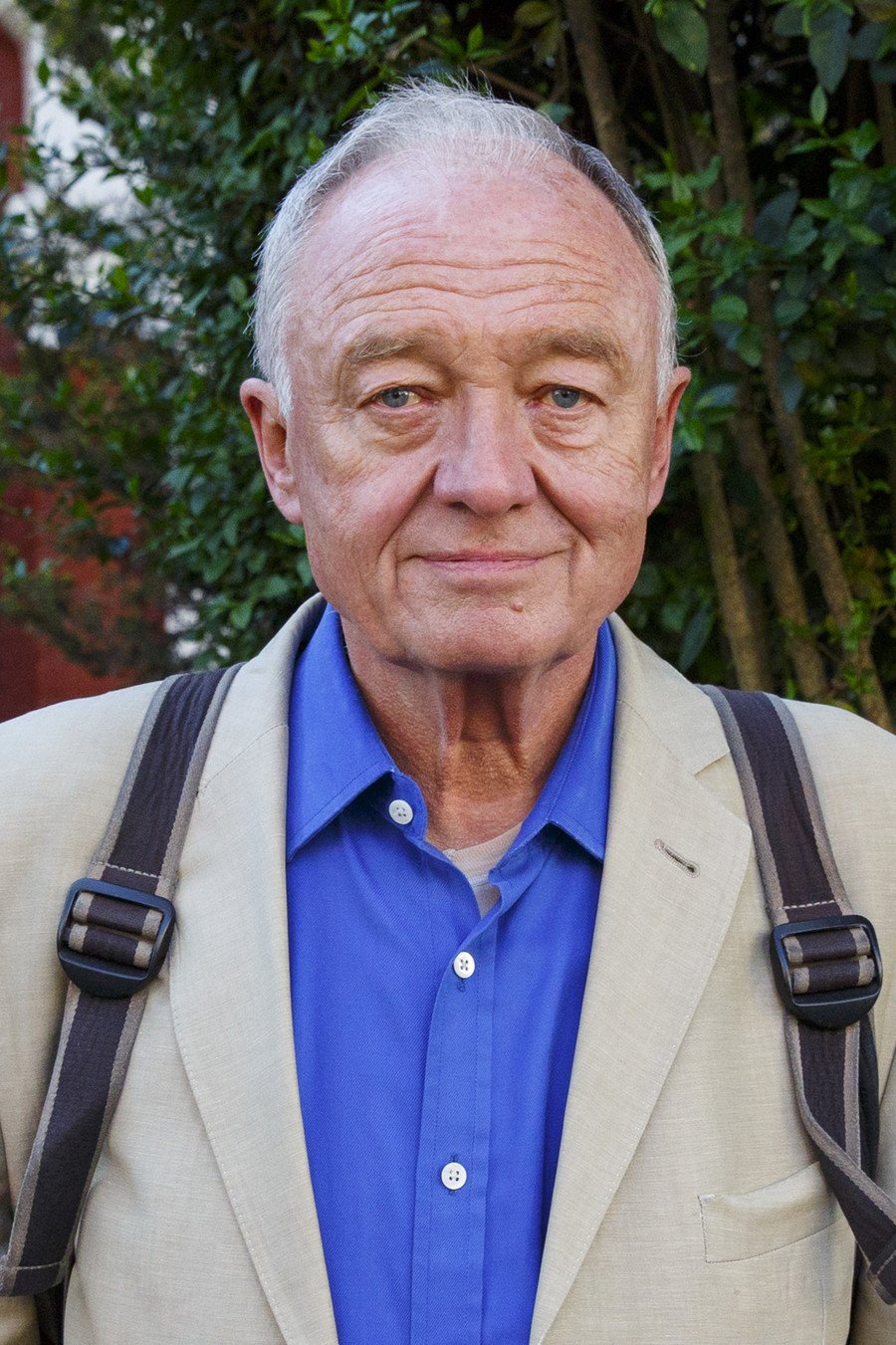It's all about the money: US defense of democracy is a pretext for seizing control of resources
US claims of defending democracy worldwide are nothing but an attempt to control and make profit from natural resources, and – as Venezuela has the largest oil reserves – Trump wants those to be taken over by American companies.
The US has been ramping up its regime-change strategy towards Venezuela, both directly and through its right-wing proxies in the country and region, to coincide with the recent inauguration of Nicolas Maduro as its president. The thrust of the US strategy is to delegitimize the presidency of Nicolas Maduro and secure what it calls an "orderly transition" to a new government.
Maduro won last year's presidential election with 68 percent of the vote, with some opposition parties taking part and others choosing to boycott the poll of their own accord. International observers, including representative from the Council of Electoral Experts from Latin America (CEELA), confirmed the reliability of Venezuela's election system.
Five days before his swearing in, the US State Department issued a statement attacking what it called the "corrupt and authoritarian Maduro regime." It went on to declare that "the National Assembly is the only legitimate and last remaining democratically elected institution that truly represents the will of the Venezuelan people."
The day after the inauguration, Juan Guaido, the National Assembly's new president, refused to recognize Maduro as the new president of Venezuela. Instead, he offered himself as interim president. This was immediately supported by the US president, although it would be no different if Nancy Pelosi, speaker of the House of Representatives, announced that she was replacing Donald Trump as president. I don't doubt that if Labour's Jeremy Corbyn announced that he was becoming prime minister, Donald Trump wouldn't be rushing to endorse that.
A slew of public statements from the Trump administration followed this move in order to prepare the ground for 'regime change.' US Secretary of State Mike Pompeo told reporters that "the Maduro regime is illegitimate and the United States will work diligently to restore a real democracy to that country." US National Security Advisor John Bolton praised Guaido's "courageous decision" in saying "Maduro does not legitimately hold the country's presidency."
US Vice-President Mike Pence, speaking on behalf of President Trump, made an impassioned appeal to Venezuelans to come out onto the streets on January 23 to protest against the government of President Maduro. In his statement, Pence referred to the Venezuelan leader as a "usurper" and a "dictator," and expressed support for a transition government. Pence added that the US would continue its effort "until democracy is restored" in Venezuela.
As the good people of Venezuela make your voices heard tomorrow, on behalf of the American people, we say: estamos con ustedes. We are with you. We stand with you, and we will stay with you until Democracy is restored and you reclaim your birthright of Libertad. pic.twitter.com/ThzIAqBoRn
— Vice President Mike Pence (@VP) January 22, 2019
On January 23, the Trump administration recognized Guaido as president, in a move clearly aimed at provoking regime change and perhaps a coup. Brazil, now led by the far-right President Jair Bolsonaro, has also recognized Guaido; as have other close US allies.
This US intervention is a clear and flagrant violation of international law and an unacceptable interference into the affairs of a sovereign nation. It constitutes a new and extremely serious development in the USA's longstanding strategy of aggression toward Venezuela since 1998. Foreign Minister Jorge Arreaza is on record as saying that "what they want is a coup d'etat in Venezuela. They want a war in Venezuela." It is hard to disagree and it is also therefore easy to understand, especially when the bloody history of US intervention in Latin America is considered, why progressive governments in Latin America – such as Mexico and Bolivia – are calling for the international community to back a dialogue in Venezuela.
The USA has tried to oust the democratically elected government of Venezuela ever since Hugo Chavez was first elected president in 1998. Four years later, the brief coup against Chavez in April 2002 had Washington's fingerprints all over it, drawing on a history of such interventions, including the ousting of Chile's President Salvador Allende in 1973 with horrendous results, leading to the death of thousands and decades of a dictatorship.
A successful coup attempt, though, requires the support of a significant sector of the armed forces – if not, then direct military intervention may be what Trump means when he says "all options are on the table." Worryingly, Guaido's National Assembly is trying to prepare the ground to win over the armed forces by discussing a "transition law" under which any rebel military personnel would be granted immunity. According to Reuters, the 17-page draft document entitled 'Law Governing the Transition to Democracy' includes provisions "to ensure that defectors from the armed forces would not be persecuted by a future government if they abandoned Maduro." The law also provides insight into what those seeking to overthrow Maduro are explicitly trying to achieve.
Underlying its vision for the installation of a "model of freedom and market" as the new basis for the economy, is a determination to return nationalized companies to their former private owners as well as expropriated landed estates.
As for the rights and protections that Venezuelans have achieved, through the 2012 Labour Law and other legislation, it can be expected that these would be abolished with the whole economy sold off as part of some IMF-imposed neo-liberal package. The mass movements, including trade unions and political parties, that have backed 'Chavismo' since 1998 would no doubt face severe repression, just as the left has after other US backed right-wing regime changes in the history of the region.
These preparations by the right-wing of Venezuela and the threats of military action supported by the US therefore present a grave danger. Fortunately, Vladimir Padrino, the defense minister, supports Maduro and warned that the US and its regional allies risked bringing "chaos and anarchy" to the country. "We are here to avoid at all costs... a conflict between Venezuelans."
Back in 1964, when I was just 19 years old, I watched on the television as the democratically elected progressive government of Brazil was overthrown by the US-backed military. In the years that followed, I have watched this happen again and again throughout the Americas.
A few days ago, the BBC broadcast a documentary about the years of Chavez and Maduro, and concluded that the latter had created an economic disaster. But the simple truth is Venezuela's economy was badly hit by the collapse of oil prices and the massively damaging economic sanctions imposed by the US.
There's nothing new about this. It's now almost 60 years since the US imposed sanctions on Cuba. The Cuban government estimates that those sanctions cost its economy $4.3 billion between April 2017 and March 2018. According to a United Nations agency, the "unjust" American financial and trade embargo on Cuba had cost the country's economy $130 billion over nearly six decades.
Every year, the UN General Assembly votes overwhelmingly to call on America to lift its sanctions against Cuba. Only the US and Israel oppose this vote. Equally damaging sanctions have been imposed on Nicaragua and – like US sanctions against Iran – they are illegal under international law.
Although American presidents claim to be defending democracy, their interventions usually lead to military dictatorships and a massive loss of life. The truth is, this is nothing about democracy, it is about America trying to control and make vast profits from the natural resources of these economies. Venezuela has the largest oil reserves in the world, and Trump wants those to be taken over by American companies. We must, all of us, campaign against these appalling policies and loudly say no to another Chilean-style dictatorship in Latin America.
Think your friends would be interested? Share this story!
The statements, views and opinions expressed in this column are solely those of the author and do not necessarily represent those of RT.
















